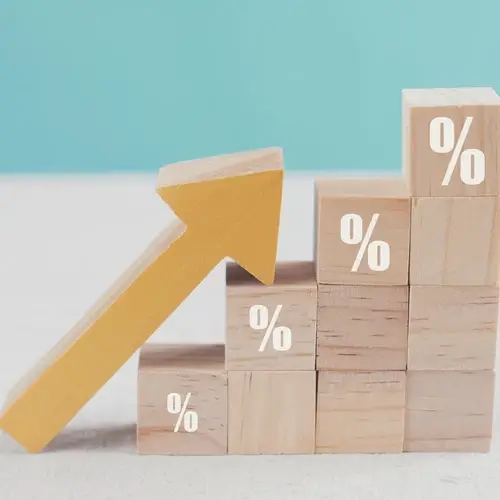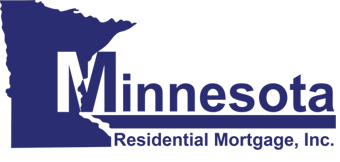
Over the last year, inflation has been rising at a historic rate, with prices jumping on everything from gas to groceries to building supplies. Credit card rates have also climbed since the beginning of the pandemic as has total credit card debt, as many consumers struggle to keep up with the pace of inflation.
And while mortgage interest rates have started to rise as well, so has home equity, with average U.S. home values skyrocketing 20% since March 2020. That spells good news for homeowners with hefty credit card debt or other monthly debt obligations; they may be able to consolidate those high-interest obligations into a new, lower rate mortgage loan.
Consolidate with a Cash-out Refinance Loan
By refinancing your current mortgage into a new, larger loan, you can pay off your credit card bills at a much lower rate. With credit card rates averaging between 14% and 18%, you will save a lot in interest since 30-year fixed-rate mortgages are averaging just above 5% currently. Here’s how it works:
You start by applying with your lender for a cash-out refinance. We will then check to see how much equity you have in your home by calculating your home’s current market value minus your remaining mortgage debt. To be able to pull cash out of your equity, you typically need to have a loan-to-value ratio of 80% or below. This means that your mortgage balance must be no more than 80% of your home’s market value. For example, if your home is currently valued at $300,000, then you need to owe a bit less than $240,000 (80% of $300,000) to qualify for a cash-out refinance.
Once your equity has been established, we will let you know how much money you can pull out. A new mortgage loan will be originated that combines that amount and your current mortgage balance. The new loan can be used to pay off other debts such as car loans, credit card balances, etc or you can pocket the extra cash to use in any way you please. Of course, you will then have a larger mortgage balance with potentially a slightly higher interest rate than your original loan and your payments may be higher as well. If your goal is to pay off high-interest debt however, then you could actually be saving money in the long run.
A Debt Consolidation Loan Can Lower your Monthly Debt Payments
By consolidating your debt into one monthly mortgage loan payment your total monthly debt payments will likely be reduced so that you have more breathing room in your monthly budget to survive today's high inflation and to allow you to live a better life now.
Before you decide to cash out some of your home’s equity, you should consider all the costs involved, not just the interest rates. When you refinance, you will incur closing costs. These closing costs can be included into the loan balance so that you don't have to pay them out of pocket at closing. If you choose, you can increase, keep it the same or decrease the length of your mortgage, which could mean more or less total interest over time.
In the right circumstances tapping some of your home equity to pay off your debts can be a very smart thing to do for you and your family.
These materials are not from HUD or FHA and were not approved by HUD or a government agency and in some cases a home equity or refinance loan might result in higher finance charges over the life of the loan.

